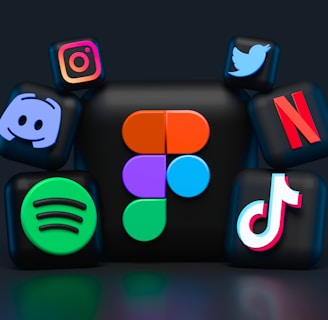The Negative Impact of Social Media on Mental Health
Despite its advantages, excessive or unregulated use of social media can contribute to mental health challenges, such as:
1. Comparison and Low Self-Esteem
Many people showcase only the best parts of their lives online, leading others to compare their reality to a curated highlight reel. This can create feelings of inadequacy, low self-worth, and even depression.
2. Anxiety and Stress
The pressure to maintain an online presence, gain likes, and receive validation can lead to increased stress and anxiety. Fear of missing out (FOMO) can also contribute to social anxiety and dissatisfaction.
3. Cyberbullying and Harassment
Trolling, negative comments, and online bullying can severely impact self-confidence and mental health, especially among young users.
4. Sleep Disruptions
Constant scrolling, especially before bedtime, can interfere with sleep patterns, reducing the quality of rest and contributing to fatigue and mood swings.
5. Addiction and Reduced Productivity
Excessive social media use can lead to dependency, affecting focus, productivity, and real-life social interactions.
Finding a Healthy Balance
To maintain mental well-being while using social media, consider the following tips:
Set Time Limits: Use apps that monitor screen time and set daily usage limits.
Curate Your Feed: Follow accounts that promote positivity and unfollow those that trigger negative emotions.
Take Digital Detoxes: Periodically unplug from social media to focus on real-world interactions.
Engage Mindfully: Be conscious of how social media makes you feel and prioritize meaningful interactions over mindless scrolling.
Prioritize Offline Activities: Balance social media use with hobbies, exercise, and face-to-face connections.
Social media is neither entirely good nor bad—it depends on how we use it. While it can offer connection, knowledge, and inspiration, excessive or unhealthy use can harm mental health. By setting boundaries, curating our digital space, and being mindful of our usage, we can enjoy the benefits of social media without compromising our well-being. Finding a healthy balance is the key to using social media in a way that supports, rather than harms, mental health.
Read More - https://amzn.to/3RPstJa (Social Media and Mental Health: Handbook for Teens)










